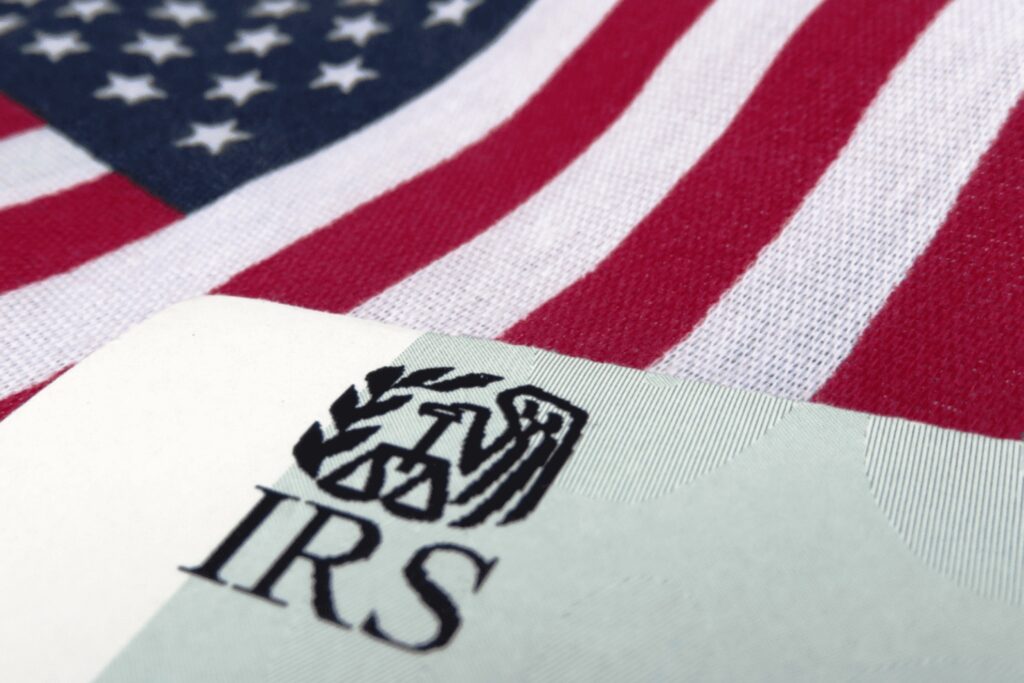5 Things They Didn’t Teach You in Business School: Taxes, Taxes, Taxes | Part 2
Welcome to LKT Book
At Lookout Bookkeeping, we pride ourselves on putting order to your chaos when it comes to your books!
Categories
bookkeeping tips
financial reporting
lookout outlook archives
small business tips
CLIENT CASE STUDIES

FREEBIE!
Can I write that off?
Get our free list of 75 tax write offs to deduct things with confidence. Some might be a no way, really?! moment.
CLIENT CASE STUDIES
February 12, 2025
Taxes can be one of the most overwhelming aspects of running a business, and unfortunately, many business owners don’t get the education they need before they start. Two of the biggest misconceptions revolve around paying estimated taxes and understanding business deductions. Getting these wrong can lead to unnecessary tax bills, penalties, or even an audit. Let’s break down what you need to know to avoid costly mistakes and keep your business financially healthy.
Paying Estimated Taxes: What You Need to Know
Unlike traditional employees who have taxes withheld from their paychecks, business owners are responsible for calculating and paying taxes themselves. This is where estimated tax payments come in.
1. Who Needs to Pay Estimated Taxes?
If you expect to owe at least $1,000 in taxes as a sole proprietor, freelancer, or self-employed individual, you’re required to pay estimated taxes. This applies to business owners operating as:
- Sole proprietors
- Partnerships
- S-corporations (owners may need to make personal estimated tax payments)
2. How and When to Pay
Estimated taxes are paid quarterly, with due dates typically as follows:
- April 15
- June 15
- September 15
- January 15 (of the following year)
Failure to make these payments on time can result in penalties and interest charges from the IRS. Using an online tax calculator, or working with a bookkeeper and tax expert, can help ensure you’re paying the right amount.
3. How Much Should You Pay?
A general rule of thumb is to set aside 25-30% of your income for taxes, but your actual rate depends on your income level and deductions. Many business owners make the mistake of underpaying, leading to a big tax bill at year-end. Keeping track of your income and expenses through bookkeeping software can help you calculate accurate estimates.
Grab our free resource, Guide to Estimated Taxes, for more information about estimated tax payments.

Not Everything is a Business Deduction
Many new business owners assume that everything they spend related to their business is deductible. However, that’s not the case, and misclassifying expenses can trigger an IRS audit. Here’s what you need to know about business deductions:
1. What You Can Deduct
Some common legitimate business deductions include:
- Office rent or home office expenses (if used exclusively for business)
- Business insurance
- Marketing and advertising costs
- Employee wages and contractor payments
- Equipment, supplies, and software subscriptions
- Business travel (but only if it’s 100% business-related!)
- Business expenses are ordinary and necessary—that is the IRS definition. If you’d like to read more (maybe need something to put you to sleep?) follow this link
2. What You Can’t Deduct
Not everything qualifies as a deduction. Here are some expenses that many business owners mistakenly try to write off:
- Clothing (unless it’s a uniform with a company logo)
- Commuting costs (driving from home to your business location isn’t deductible)
- Meals (only 50% is deductible for business meals, and they must be necessary for business purposes)
- Personal expenses mixed with business (again, commingling funds is a big no-no!)
- Your Rolex—Yes, this was an actual question from a client. Another reason you have a bookkeeper like me—I’ll let you know what you can and cannot do
- Your children’s expenses just because you give them a credit card attached to your business account (yes, I’ve seen this with clients)
3. Keep Good Records
To support your deductions, you need detailed records and receipts. Using accounting software and working with a bookkeeper can ensure you track everything properly and avoid IRS scrutiny. I tell my clients, as a business owner, you are responsible to have documentation for your expenses—receipts, calendar information, any other documentation—be sure you have enough to support your deductions.
Final Thoughts
Taxes don’t have to be overwhelming if you have the right systems in place. Paying estimated taxes on time and understanding which deductions you can (and can’t) take will help you stay compliant and financially stable.
If you need help calculating estimated taxes or organizing your deductions, Lookout Bookkeeping is here to help. If you’re ready to connect, fill out our intake form. Don’t forget to download our free resource, Ultimate Write-Offs Guide, to to stay on top of your tax strategy!